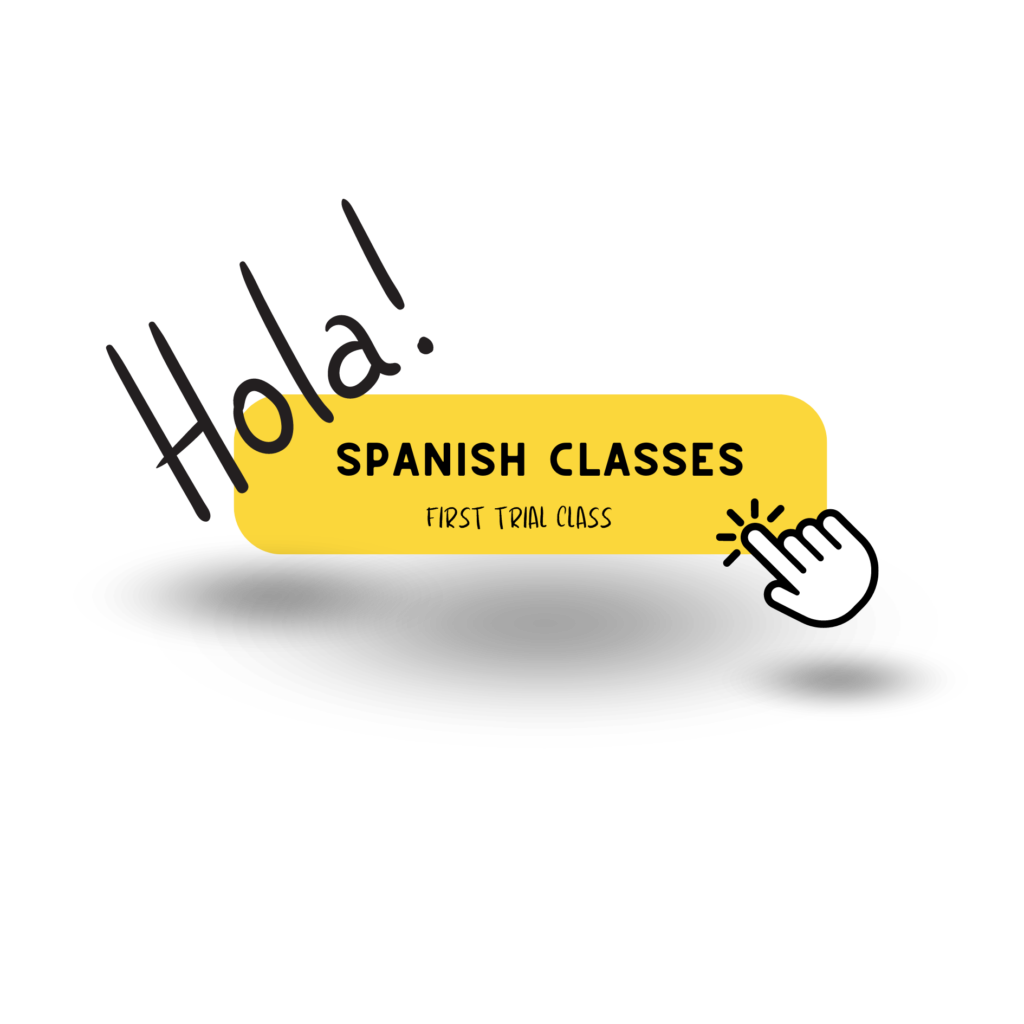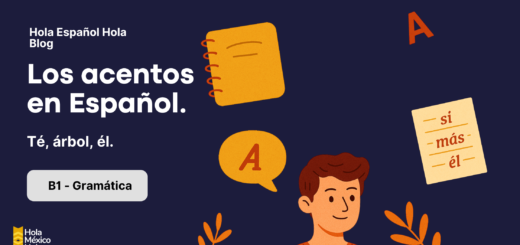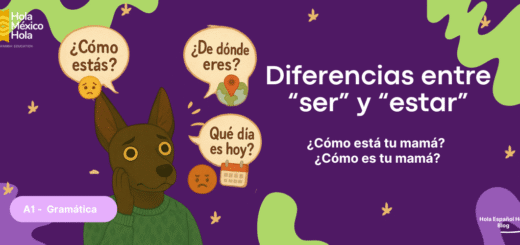El condicional simple del indicativo en español
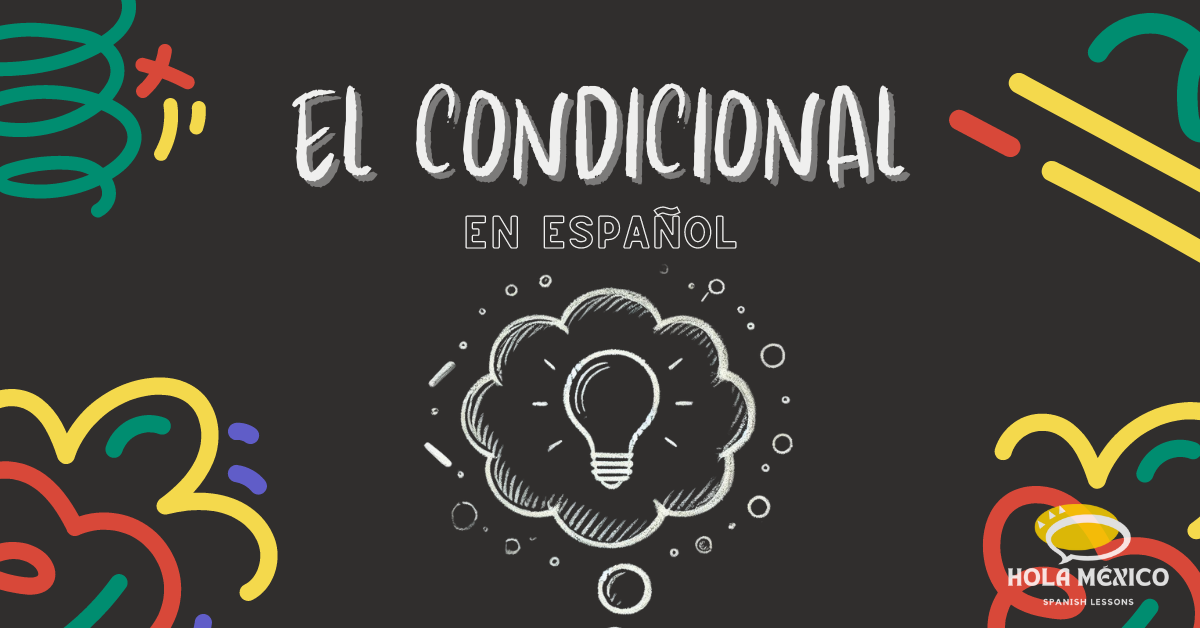
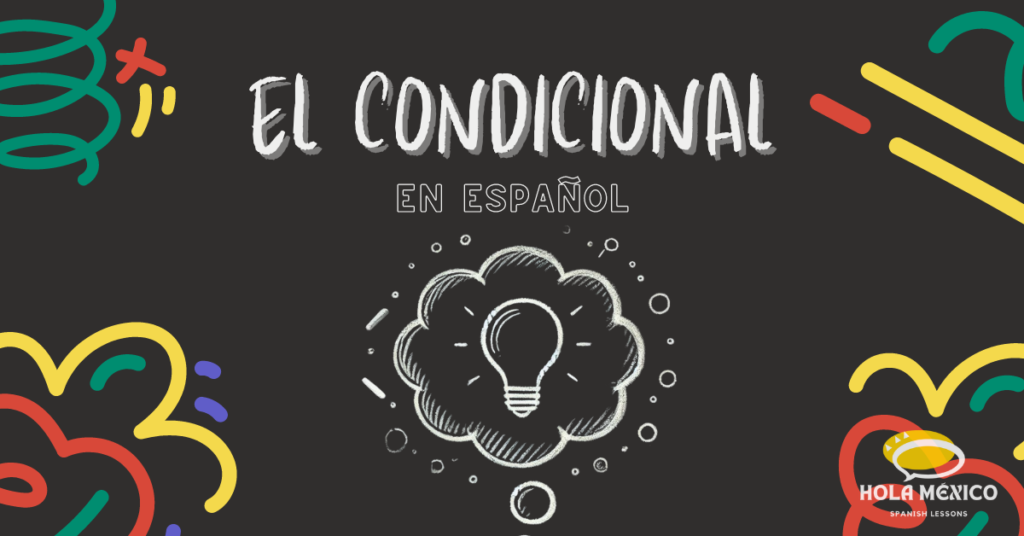
El condicional simple en español
¿Qué es el condicional simple?
El condicional simple del indicativo se usa en español para expresar recomendaciones, deseos, hipótesis, cortesía y hacer sugerencias.
Ejemplo
Isa: ¿Te gustaría ir al museo hoy en la tarde? (Would you like to go to the museum this afternoon?)
Pau: ¡Me encantaría! Llegaría unos diez minutos tarde porque salgo a las 6:30. (I would love to! I would be about ten minutes late because I leave at 6:30.)
Isa: Está bien, ¿crees que llueva hoy? (That’s fine, do you think it will rain today?)
Pau: Deberíamos llevar paraguas. (We should take umbrellas.)
Conjugación de verbos regulares
| Persona | Terminación | (Hablar) | (Comer) | (Vivir) |
|---|---|---|---|---|
| yo | -ía | hablaría (I would speak) | comería (I would eat) | viviría (I would live) |
| tú | -ías | hablarías (You would speak) | comerías (You would eat) | vivirías (You would live) |
| él/ella/usted | -ía | hablaría (He/She/You would speak) | comería (He/She/You would eat) | viviría (He/She/You would live) |
| nosotros/as | -íamos | hablaríamos (We would speak) | comeríamos (We would eat) | viviríamos (We would live) |
| vosotros/as | -íais | hablaríais (You all would speak) | comeríais (You all would eat) | viviríais (You all would live) |
| ellos/as, ustedes | -ían | hablarían (They/You all would speak) | comerían (They/You all would eat) | vivirían (They/You all would live) |
Conjugación de verbos irregulares
| Verbo | Conjugación | Traducción |
|---|---|---|
| saber | sabría | I would know |
| hacer | haría | I would do/make |
| tener | tendría | I would have |
| valer | valdría | I would be worth |
| poner | pondría | I would put |
| caber | cabría | I would fit |
| haber | habría | There would be |
| poder | podría | I would be able to |
| querer | querría | I would want |
| decir | diría | I would say |
| salir | saldría | I would go out |
Usos del condicional simple
- Para sugerir o recomendar: Deberíamos comprar comida para el gato. (We should buy food for the cat.)
- Para expresar deseos: Desearía ganar un premio. (I would wish to win a award.)
- Para pedir con cortesía: Me gustaría un café con leche, por favor. (I would like a coffee with milk, please.)
- Estilo indirecto: Pau dijo que hoy llegaría más tarde. (Pau said she would arrive later today.)
- Para hipótesis sobre el pasado: No llega Natalia, estaría enferma. (Natalia isn’t arriving, she might be sick.)
- Para acciones dependientes de una condición: Si tuviera más tiempo, viajaría más. (If I had more time, I would travel more.)
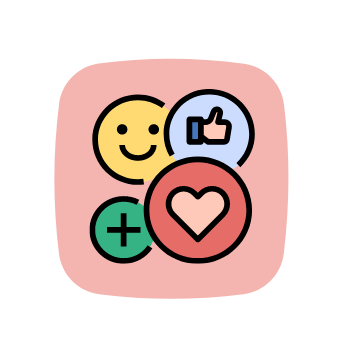 Interesting
Interesting
The simple conditional is very useful for talking about hypothetical situations and expressing politeness.
- Si ganara la lotería, compraría una casa. (If I won the lottery, I would buy a house.)
- Me encantaría acompañarte a la fiesta. (I would love to accompany you to the party.)
It is often taught together with the simple future tense because of their similarities in irregular verb endings.
- Tendría más dinero si ahorrara. (I would have more money if I saved.)
- Diría la verdad si fuera tú. (I would tell the truth if I were you.)
Verbos comunes
Algunos verbos que se usan frecuentemente en el condicional son: gustar (to like), poder (to be able to), prestar (to lend) y deber (to owe/should).
- Me gustaría ver el menú, por favor. (I would like to see the menu, please.)
- Podrías decirme la hora. (Could you tell me the time.)
- Me prestarías un encendedor. (Would you lend me a lighter.)
- Deberías usar una chamarra, hace frío. (You should wear a jacket, it’s cold.)
Espero que esta entrada te sea de utilidad si estás aprendiendo español o si estás enseñando. ¡Muy bonito día!
Para más detalles, visita Hola México Hola.
!Aprende español en Hola México Hola!
Would you like to go deeper into learning Spanish? Schedule a class with me today and start improving your Spanish in an effective and personalized way!

